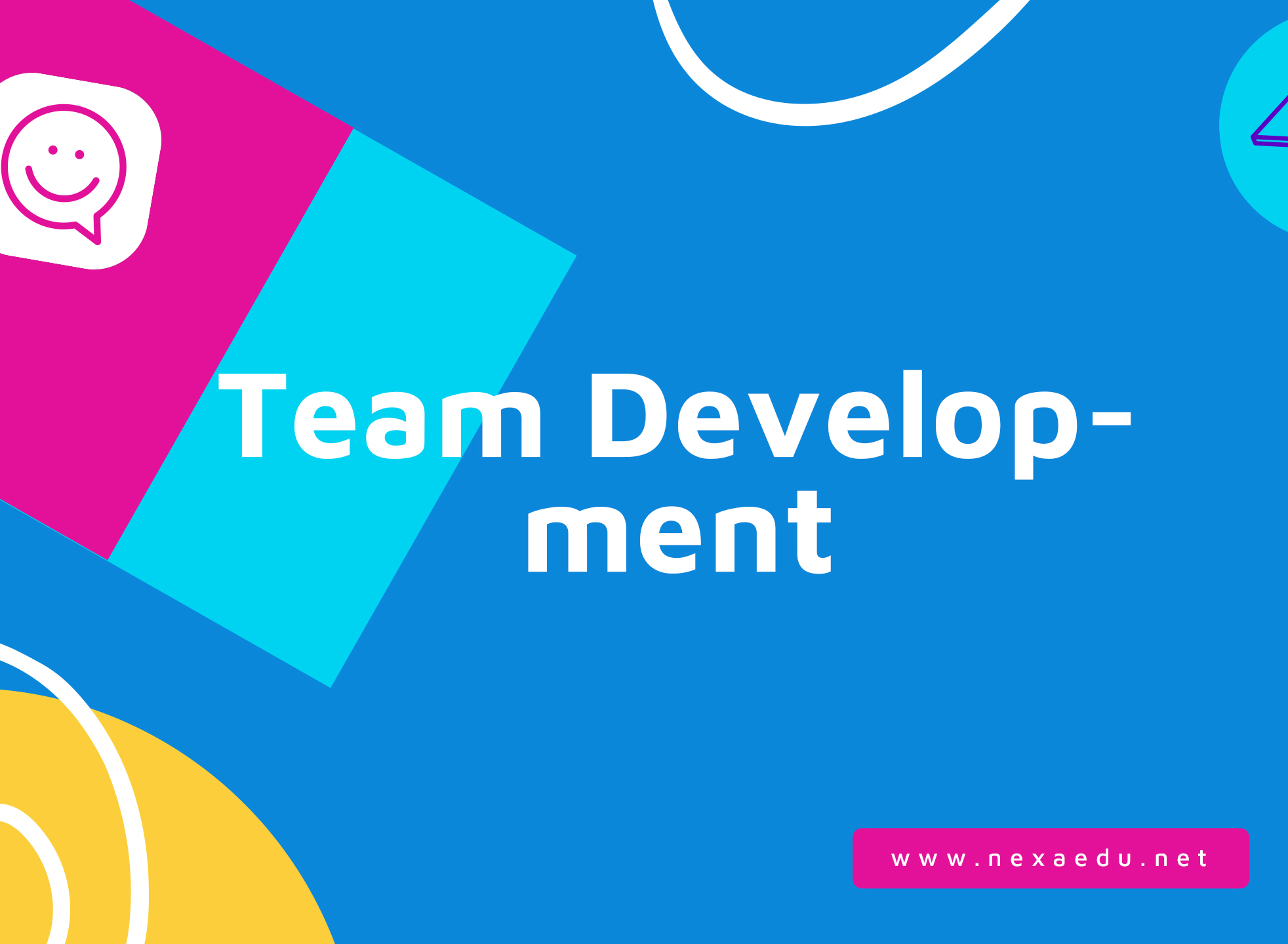About this course
Course Overview
Team performance is driven by members who can quickly align and coordinate their actions and perform efficiently to achieve a common objective. They are consciously aware of how each member contributes to the team’s overall success and the importance of communicating clearly. They deal with issues and problems openly and remove barriers to success.Team members focus both on process and results to ensure their ultimate success. Whether participants are part of an intact work group, a functional, cross-functional or project team, the Team Development program uses a proven, behaviourally based model, to help team members acquire the skills, processes and tools to rapidly progress through the four phases of team development to produce results.
Target Audience
Functional or cross-functional team members, group members responsible for project/assignment outcomesCourse Objectives
After the workshop, you will be able to:
- Utilize the four-phase Team Development model to guide and improve team performance
- Identify and overcome the barriers to team success
- Establish the team's basic beliefs and determine the team’s purpose/vision
- Complete and evaluate a team development assessment to identify strengths and areas for focus
- Improve and enhance individual and team communication skills
- Identify, recognize and resolve seven common team problems
- Conduct focused, productive team meetings
- Develop action schedules and monitor progress using various quality tools
- Plan and conduct team reviews and follow up on actions and achievements
- Explore and use five team decision-making tools
- Self-regulate by dealing with unwanted counter-productive behaviours on the team
- Celebrate team progress and results
- Present team results to senior management using shared business language
Further Information
Benefits for the individual
- More productive and effective team performance
- Team meeting time used more efficiently
- Better alignment of team-member strengths and project deliverables
- More equitable workload distribution and reduced frustration
- Increased confidence and satisfaction with personal contributions and team results
Benefits for the organization
- More timely achievement of project objectives and deliverables
- Improved team deployment and performance capabilities to meet targets and respond to challenges
- Faster performance transition from individual to team-oriented behaviours
- Deepened individual commitment for achieving better team-quality output
Comments (0)

0
0 Reviews





